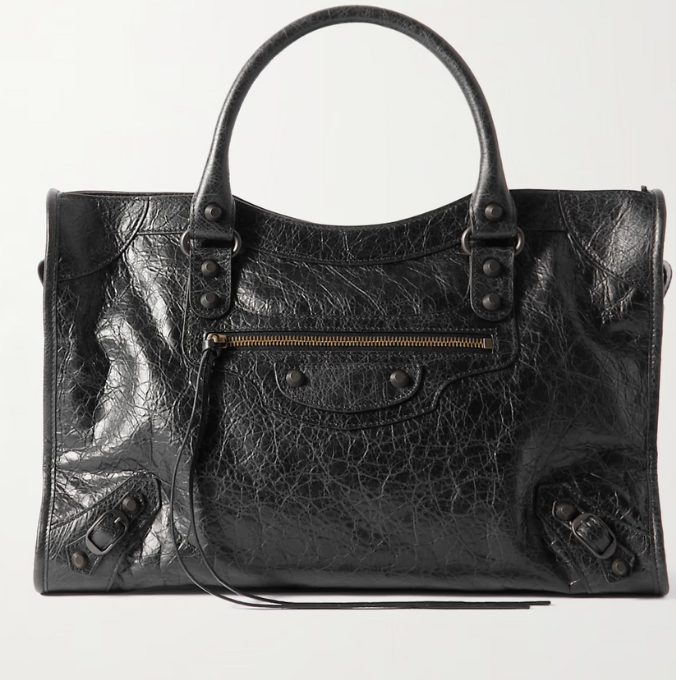
Have you heard of the Black Tax? Sure you have. It’s the idea that because of systemic inequity, Black people have to work twice as hard as other racial groups, namely white people, to get half as much.
Well, what happens when you beat the Black Tax and get the leadership position you deserve only to find out you’ve been set up to fail?
That’s what the concept of The Black Bluff is, which refers to a Black person getting moved into a position of power when there’s no power left. Unfortunately, it’s a situation many ambitious Black professionals can attest to, especially following the 2020 social justice movement and subsequent DEI push that lasted from about 2021 to 2023.
Companies like Google and Meta were found to have backtracked on their commitment to DEI when data from CNBC revealed the organizations, among many others, under-delivered on their promises to demonstrate commitment to racial equity. That looked like deeply slashing DEI budgets, eliminating roles and, in some cases, not supporting the Black executives installed in leadership positions.
“As Black women we are held to an impossible standard at times versus our White counterparts,” Trina Stephens tells ESSENCE. Stephens, which is a pseudonym, says she was blindsided multiple times in VP-level roles she worked at two well-known PR agencies. Stephens joined the first organization a few months after George Floyd’s murder, a time when companies felt pressured to overcorrect racial insensitivity through performative hiring. “Everyone and their mom was playing with DEI language that was used to draw me in and ultimately leading me to accept the positions, but those words fell very flat when it came to the actual treatment of Black employees.”
Stephens said she was subject to a litany of microaggressive behaviors, including constantly being questioned about her experience, team members bad mouthing her to clients and icing her out of important work conversations.
“It was demoralizing,” she emotionally shares.
Amber Cabral, author and award-winning inclusion strategist, says it’s unsurprising that the Black Bluff treatment evokes strong feelings. Although it’s business, it can be deeply personal for groups that have been to connect their worth to their work.
“Sometimes we are put in positions where people don’t expect us to thrive, and we do anyway, partially because we put our entire selves into the role, especially Black women,” Cabral says. “We’re conditioned to believe we have a lot to prove…always.”
Abesi Manyando, founder of PR and production firm 7th & Lotus, says her decision to lean even further into entrepreneurship was motivated by trauma caused by working in the corporate sector. While in a contract communications leadership role, she says the job was painted as an opportunity to produce new ideas with the full support of the team. Not only was that untrue, she says they actively worked against her.
“I thought it was a good situation that was going to propel me,” Manyando tearfully tells ESSENCE. “I thought I was going to be seen, but in the end, as I got more into it, I felt like it was just a token situation.”
She says this was underscored by her realization that her proposals for programmatic ideas weren’t even being read by her team.
“It took me a while to finally see what was happening, which is the most frustrating part because my good faith intentions toward my colleagues blinded me,” she admits. “I’m very discerning, but my work ethic wouldn’t let me see the truth in the beginning. I just wanted to do my work because it’s so very important to me.”
Cabral says Black, ambitious professionals should take a few steps to clearly see a Black Bluff in the distance before falling off of it.
“The first thing I’d advise is to assess an organization’s health even before you talk to them. Read their annual reports, which are usually public. That seems so silly, but you really do need to know how to look at how an organization is performing. Secondly, evaluate how healthy their HR department is. Are they participating in toxic behavior? Favoritism towards specific employees? Depending on how someone’s human resource department functions and how their annual report looks, you can learn so much about the culture of the company.”
So, what happens when you’re at the Bluff’s edge?







“Remind yourself that it’s not your fault,” Cabral says. “Black women are strivers. I want that big job. I want this opportunity. I want this relationship. So, we’re going to reach and reach and reach and reach. And we like to believe that we end up in places because we earned it. Where that can really bite you is when you’ve ended up in a Black Bluff situation and you convince yourself that you’ve earned that too. And then you find yourself punishing yourself because you didn’t see it coming. Stop beating yourself up.”
Cabral adds, “Secondly, take what’s valuable, discard the rest. Gather the knowledge you gained and take it to the next opportunity. Even if you’ve fallen off the edge, you can always get back up.”





